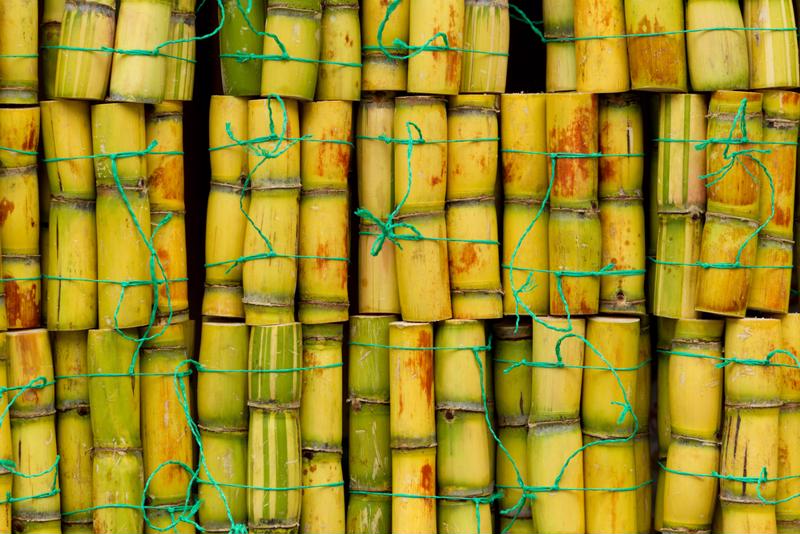A number of officials have espoused their confidence that the Trans-Pacific Partnership (TPP) trade deal will be completed this year, despite the fact that the latest round of talks ended with negotiators leaving marathon talks in Hawaii without a completed agreement.
The free trade agreement between the U.S., Australia, Brunei Darussalam, Chile, Malaysia, New Zealand, Peru, Singapore, Vietnam, Canada, Mexico and Japan has hit numerous roadblocks over the course of the discussions, the latest after a marathon round of negotiations in Hawaii. The lengthy talks ended again without an agreement, despite pressure to conclude them. And although the meeting in Hawaii ended without an accord between the 12 nations, officials are still confident that one will be reached before the end of the year.
“The free trade agreement has hit numerous roadblocks.”
The agreement would cover 40 percent of the world’s economy, the news outlet noted, and apply a uniform set of standards to a number of trade issues that may arise between entities involved in the 12-nation free trade deal.
Officials offer confidence in 2015 conclusion to TPP talks
John Kerry, the U.S. secretary of state, acknowledged that there remains work to be done, but explained to Reuters that the negotiators “made good progress.” He said that the discussions were nearing an end and that representatives from each nation involved were hashing out “even the most sensitive issues”
New Zealand’s prime minister, John Key, also expressed confidence that the deal would conclude prior to the year’s end in an interview with the BBC in Singapore. He explained that reaching a deal is “always going to be challenging,” but added that on a scale of one to 10, the chance is higher than a five that the deal gets done before 2016.
 Australian cane is the reason for one roadblock in the TPP negotiations.
Australian cane is the reason for one roadblock in the TPP negotiations.Numerous obstacles remain before agreement is finished
Sticking points included a dispute regarding auto trade between Japan and North America, New Zealand’s refusal to budge on dairy trade and monopoly periods for next-generation drugs, according to the news outlet.
Japan and the U.S. had, for the most part, come to an agreement regarding vehicle transactions, but Mexico and Canada, with close ties to the U.S. auto market, had reservations about the terms, Reuters reported. Japan sources many auto parts from Thailand, an Association of South East Asian Nations (ASEAN) member, but not part of the TPP discussions.
“Negotiations may be influenced by the ramping of the election cycle.”
In addition, the Guardian reported that the U.S. would not budge on sugar import quotas. Australian farmers are currently allowed to send 100,000 tonnes of Australian cane per year, but they would like that figure bumped up to 500,000 tonnes, something the U.S. has thus far not allowed.
With each delay, negotiations are pushed further down the election cycle
This was likely the last chance to conclude trade discussions before November, which means the next round of discussions may be partially colored by the U.S. election cycle kicking up with candidates preparing for voters to cast their ballots a year from then. John Key, in speaking with the BBC, noted the election cycle as a reason why it is important to get the deal done before the end of 2015. While November negotiations may be influenced by the ramping of the election cycle with a year until ballots are cast, a push to 2016 would mean TPP talks would be caught in a much more heated fray between candidates vying for office in the U.S.